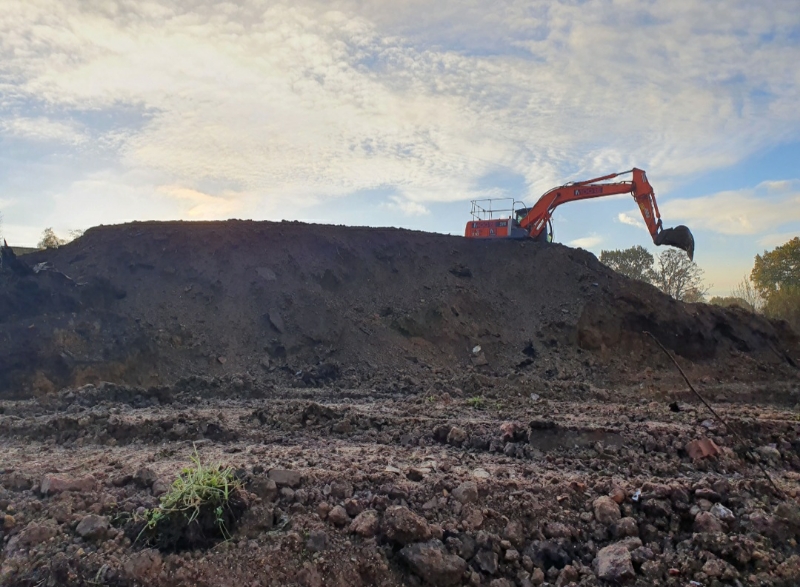Land Remediation Relief claim provides £142,500 tax saving for developer
Japanese Knotweed is an invasive plant species that poses significant challenges to landowners and developers in the UK. Its aggressive growth can cause extensive structural damage, making land remediation a costly necessity. Fortunately, Land Remediation Relief (LRR) offers a financial incentive to companies dealing with such environmental issues.
This example explores how a property development company successfully leveraged LRR to manage a Japanese knotweed infestation, demonstrating the process and benefits of this tax relief. Thanks to our LRR partner for providing this case study.
A 10-acre plot in the outskirts of a major UK city, previously used as a landfill site, identified for a new housing development project was infested with Japanese knotweed that required both treatment and excavation.
The total estimated cost for the remediation work was £500,000, with a project timeline of 12 months. Given the substantial expense, the company explored potential financial reliefs and identified LRR as a viable option.
How this was achieved
The company worked closely with their tax advisors to ensure all remediation activities and costs met the criteria for LRR. Key steps included:
- Documentation: Detailed records of all remediation activities, including contracts with the environmental consultancy, invoices for herbicide treatments, excavation, and disposal costs.
- Compliance: Ensuring all work was carried out in compliance with relevant environmental regulations, a prerequisite for LRR.
- Tax Return: Including the qualifying expenditure in the company’s corporation tax return, supported by comprehensive documentation.
The Figures
By claiming LRR, the company was able to deduct 150% of the qualifying remediation expenditure from their taxable profits. Here’s how the numbers broke down:
Total Remediation Cost: £500,000
LRR Rate: 150%
Enhanced Deduction: £500,000 x 1.5 = £750,000
With a corporate tax rate of 19%, the tax saving amounted to:
Tax Saving: £750,000 x 19% = £142,500
This substantial tax saving significantly reduced the financial burden of the remediation work, making the project more economically viable.
The benefits
This example illustrates the practical benefits of LRR in addressing environmental challenges such as Japanese knotweed. By leveraging LRR, companies can mitigate the financial impact of remediation, turning otherwise burdensome projects into profitable ventures. The key to success lies in thorough planning, meticulous documentation, and adherence to environmental regulations.
For developers facing similar challenges, consulting with environmental experts and tax advisors is crucial to maximising the benefits of LRR. Not only does this approach provide financial relief, but it also ensures that contaminated sites are responsibly and effectively rehabilitated, contributing to broader environmental and economic goals
Find out if you’re eligible for Land Remediation Relief
Japanese Knotweed Ltd has partnered with a leading UK consultancy specialising in analysing expenditure incurred on the remediation of acquired land and buildings and advising on costs that can be reclaimed. They can process your application in a matter of days. Get in touch to find out more by using the contact form below.


